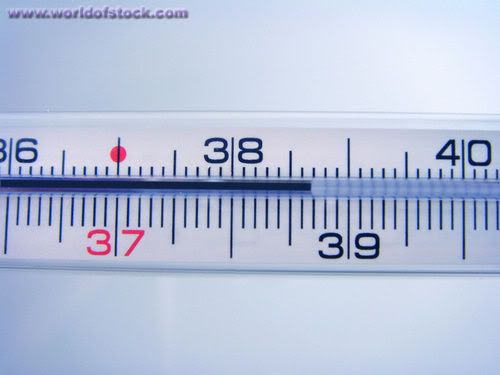Yippee ! Wall Street is saved !
Senator Sherrod Brown’s (D OH) amendment 3733 on the Financial Stability Act bill, to break up the Big 6 Banks into smaller ones that couldn’t take down the entire nation’s economy if they failed, itself did not pass the vote in the Senate this evening, failing by a spectacular 61 noes to 33 yeas, with 6 senators too timid to approach the subject.
http://www.senate.gov/legislat…
Not all bought and paid for yet:
YEAs — 33 votes
Begich (D-AK)
Bingaman (D-NM)
Boxer (D-CA)
Brown (D-OH)
Burris (D-IL)
Cantwell (D-WA)
Cardin (D-MD)
Casey (D-PA)
Coburn (R-OK)***** Republican
Dorgan (D-ND)
Durbin (D-IL)
Ensign (R-NV)
Feingold (D-WI)
Franken (D-MN)
Harkin (D-IA)
Kaufman (D-DE)
Leahy (D-VT)
Levin (D-MI)
Lincoln (D-AR)
Merkley (D-OR)
Mikulski (D-MD)
Murray (D-WA)
Pryor (D-AR)
Reid (D-NV)
Rockefeller (D-WV)
Sanders (I-VT)
Shelby (R-AL)***** Republican
Specter (D-PA)***** ex Republican
Stabenow (D-MI)
Udall (D-NM)
Webb (D-VA)
Whitehouse (D-RI)
Wyden (D-OR)
_______________________ end of people who don’t like Great Depressions and financial chaos
___________ Begin list of Senators who liked that Citizens United Ruling by the Supreme Court:
NAYs — 61
Akaka (D-HI)
Alexander (R-TN)
Barrasso (R-WY)
Baucus (D-MT) a small, cold, scenic state of tiny population, which votes with Utah. wtf.
Bayh (D-IN) does you wife get more insura/pharma stock options for this ?
Bennet (D-CO)
Bond (R-MO)
Brown (R-MA)
Brownback (R-KS)
Burr (R-NC)
Carper (D-DE) meh. typical.
Chambliss (R-GA)
Cochran (R-MS)
Collins (R-ME)
Conrad (D-ND)
Corker (R-TN)
Cornyn (R-TX)
Crapo (R-ID)
Dodd (D-CT) looking for that Golden Parachute……
Enzi (R-WY)
Feinstein (D-CA) meh.
Gillibrand (D-NY) really, Kirsten, how could you
Graham (R-SC)
Grassley (R-IA)
Gregg (R-NH)
Hagan (D-NC)
Hatch (R-UT)
Hutchison (R-TX)
Inhofe (R-OK)
Inouye (D-HI)
Isakson (R-GA)
Johanns (R-NE)
Johnson (D-SD)
Kerry (D-MA) meh. first no public option, an excise tax, and now this. you still suck.
Klobuchar (D-MN)
Kohl (D-WI)
Kyl (R-AZ)
Landrieu (D-LA) say, how’s the Gulf doing, Ms. Mary of Louisiana?
Lautenberg (D-NJ)
LeMieux (R-FL)
Lieberman (ID-CT) suing Atty General Holder over the tragic Ft Hood shooting information release, too
McCain (R-AZ)
McCaskill (D-MO) midwestern Blew Dawg who thinks she’s a hot shot financial whiz. ya huh. not.
McConnell (R-KY)
Menendez (D-NJ)
Murkowski (R-AK)
Nelson (D-FL)
Nelson (D-NE) at least he’s consistently not on our side
Reed (D-RI)
Risch (R-ID)
Roberts (R-KS)
Schumer (D-NY) wants to be next Majority Leader after making us all get biometric cards. Swell.
Sessions (R-AL)
Shaheen (D-NH)
Snowe (R-ME)
Tester (D-MT) meh. These netroots Dems.
Thune (R-SD)
Udall (D-CO)
Voinovich (R-OH)
Warner (D-VA)
Wicker (R-MS)
__________________ chickenhearts
Not Voting – 6
Bennett (R-UT)
Bunning (R-KY)
Byrd (D-WV) okay, you’re old and frail. pass. barely.
DeMint (R-SC)
Lugar (R-IN)
Vitter (R-LA) you don’t have enough diapers to clean anything up


